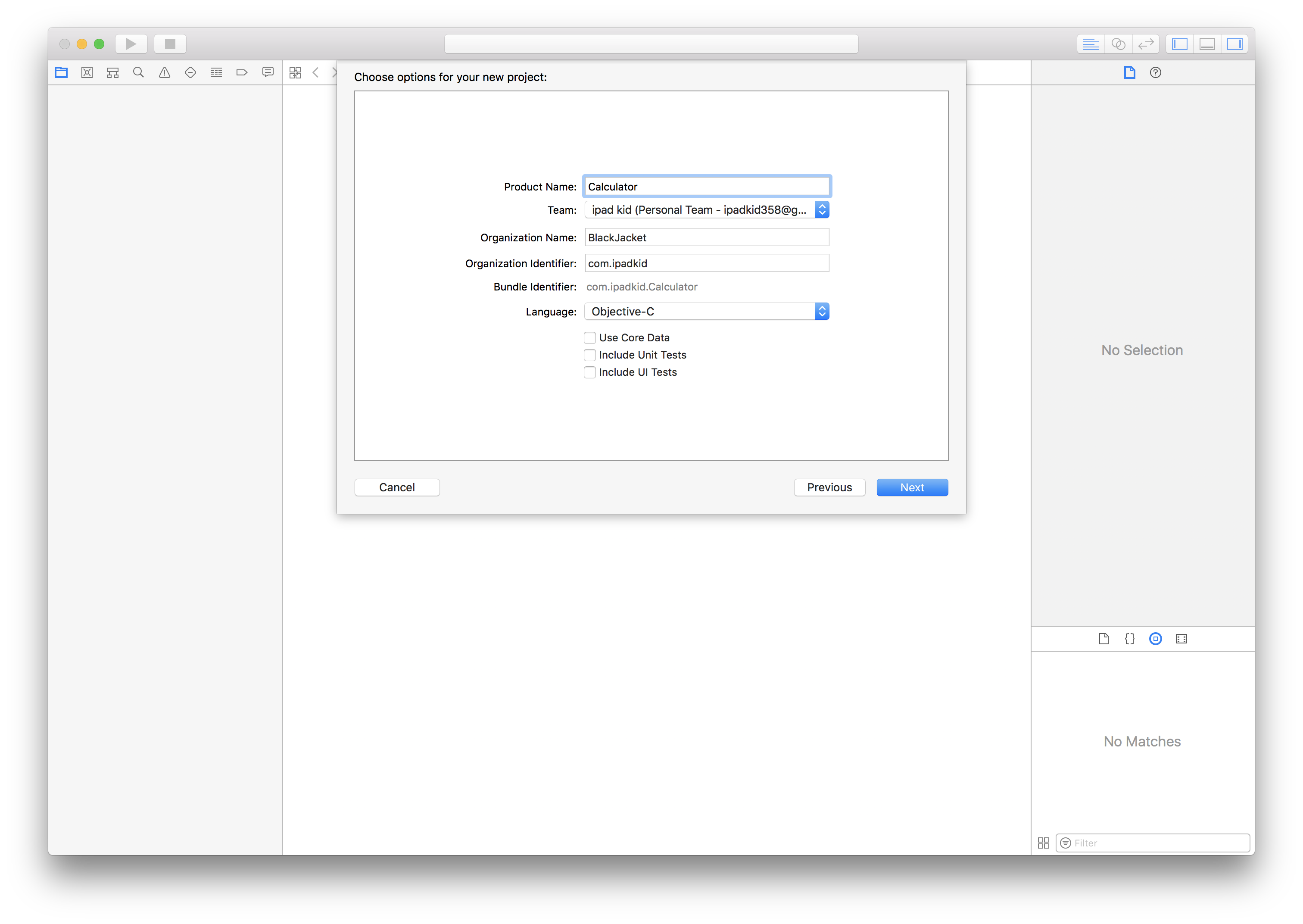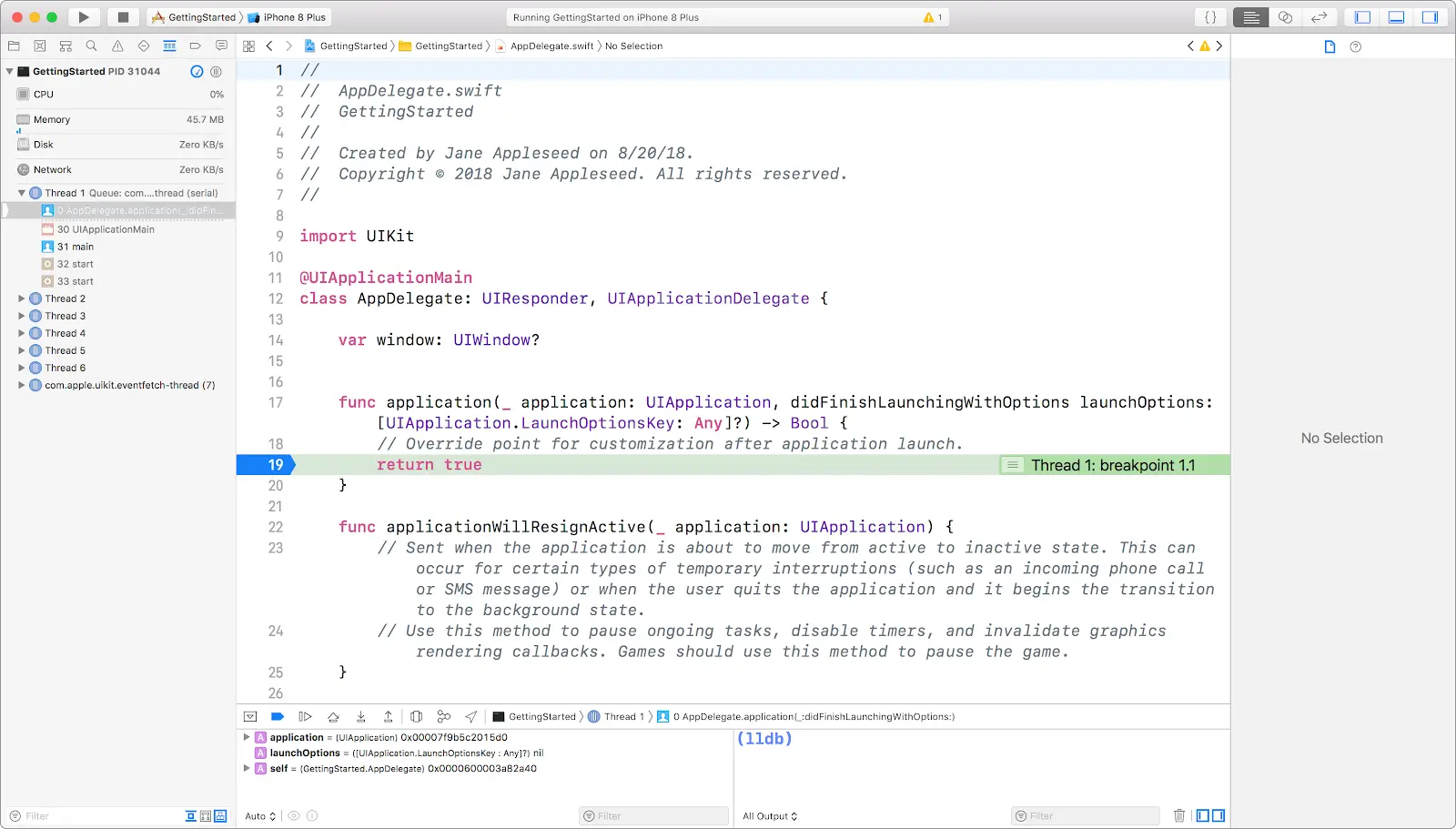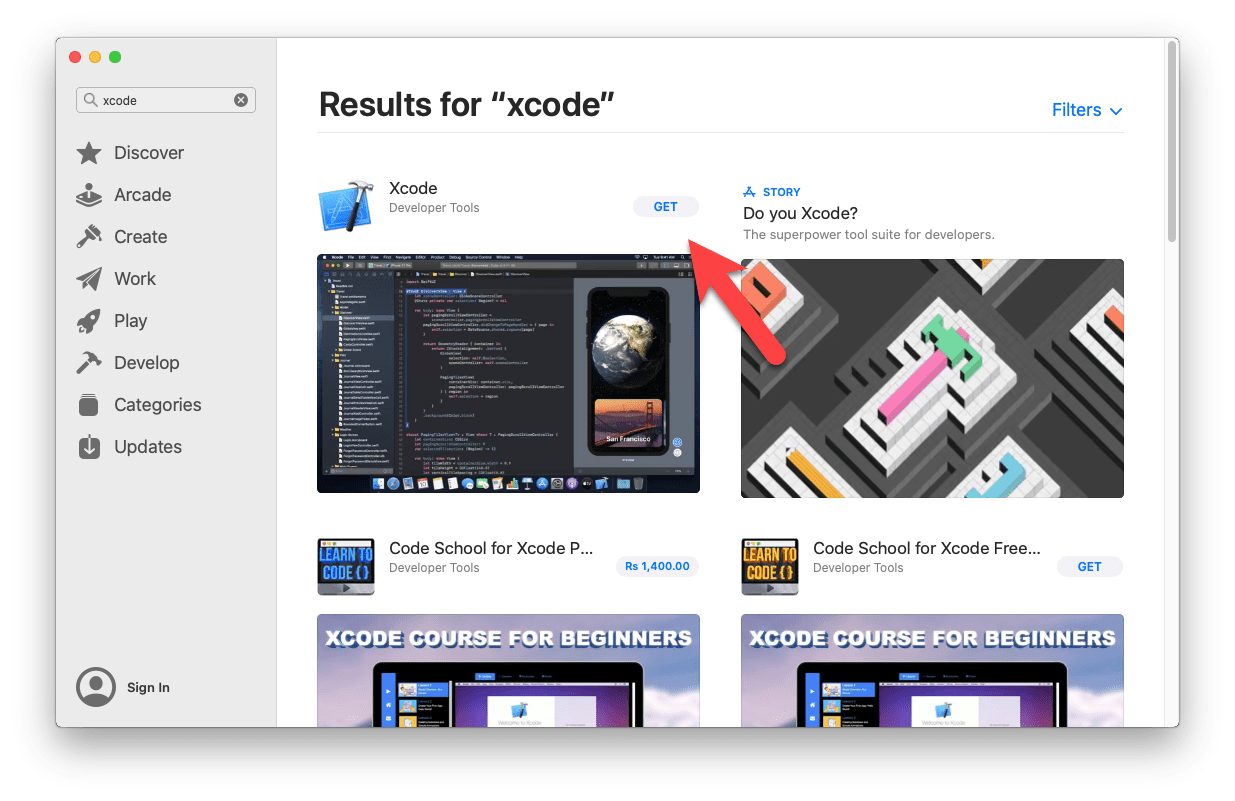

A free App Center account is required (no payment is necessary). Or promote the app to Intune or the Apple App Store. task: '$(Build.ArtifactStagingDirectory)'Īdd the App Center Distribute task to distribute an app to a group of testers or beta users, TargetFolder: '$(build.artifactStagingDirectory)' To store your IPA with the build record or test and deploy it in subsequent pipelines. Default: false.Īdd the Copy Files and Publish Build Artifacts tasks Use when enableRun = true & credsType = inputs. Use when enableRun = true & locale = user. Required when enableRun = true & credsType = inputs. Required when enableRun = true & credsType = serviceEndpoint. Default: true.ĬredentialsOption: 'serviceEndpoint' # 'serviceEndpoint' | 'inputs'. Use when enablePrepare = true & framework = xcuitest. Use when framework = calabash || framework = uitest. Use when enablePrepare = true & framework = uitest.

Required when enablePrepare = true & framework = uitest. Use when enablePrepare = true & framework = calabash. #calabashSkipConfigCheck: false # boolean.

Required when enablePrepare = true & framework = calabash. Use when enablePrepare = true & framework = espresso. Required when enablePrepare = true & framework = appium. Default: true.įrameworkOption: 'appium' # 'appium' | 'espresso' | 'calabash' | 'uitest' | 'xcuitest'. Default: $(Build.ArtifactStagingDirectory)/AppCenterTest. Binary application file path.ĪrtifactsDirectory: '$(Build.ArtifactStagingDirectory)/AppCenterTest' # string. # Test app packages with Visual Studio App Center.
#Bank xcode app trial#
An App Center free trial is required which must later be converted to paid.
#Bank xcode app android#
GITHUB_ACCESS_TOKEN: $(myGitHubAccessToken)Īdd the App Center Test task to test the app in a hosted lab of iOS and Android devices. Here is an example that uses a secret variable named myGitHubAccessToken for the value of the GITHUB_ACCESS_TOKEN environment variable. Instead, create a new pipeline variable with its lock enabled on the Variables pane to encrypt this value. GITHUB_ACCESS_TOKEN with a value of a token that has access to the repository.Ĭarthage will automatically detect and use this environment variable.ĭo not add the secret token directly to your pipeline YAML. You can set up authentication by setting an environment variable named If your project uses Carthage with a private Carthage repository,
#Bank xcode app install#
The Install Apple Certificate and Install Apple Provisioning Profile tasks make these available to Xcode during a build. The signing and provisioning process needs access to your P12 signing certificate and one or more provisioning profiles. XcodeVersion: 'default' # Options: 10, 11, 12, 13, 14, default, specifyPathĪn Xcode app must be signed and provisioned to run on a device or be published to the App Store. XcWorkspacePath: '**/*.xcodeproj/project.xcworkspace' See the Xcode task for more about these options. Change values to match your project configuration. This is a minimal snippet for building an iOS project using its default scheme, for the Simulator, and without packaging. To build an app with Xcode, add the following snippet to your azure-pipelines.yml file. Then, add the following snippet to your azure-pipelines.yml file to select the appropriate agent pool: # You can use the macOS agents to run your builds.įor the exact versions of Xcode that are preinstalled, refer to Microsoft-hosted agents.Ĭreate a file named azure-pipelines.yml in the root of your repository. Xcode is preinstalled on Microsoft-hosted macOS agents in Azure Pipelines. You can use Azure Pipelines to build your apps with Xcode without needing to set up any infrastructure of your own. To make changes to the YAML file as described in this topic, select the pipeline in Pipelines page, and then select Edit to open an editor for the azure-pipelines.yml file.


 0 kommentar(er)
0 kommentar(er)
